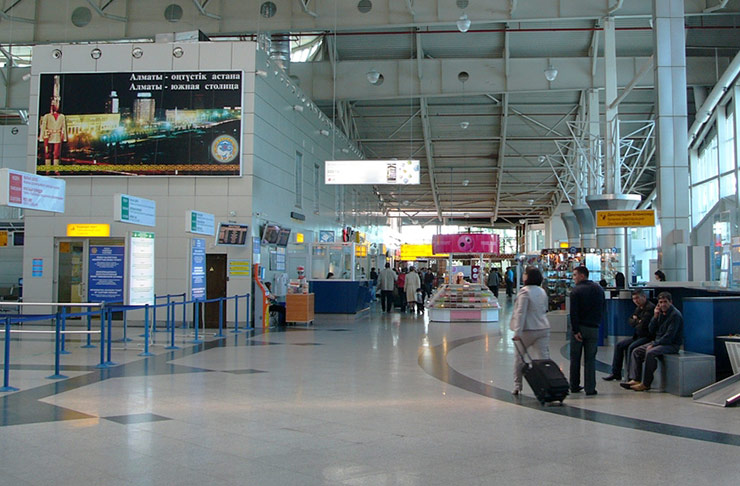The boarding announcement for our flight in Kazakhstan was made. We went to the gate, got in line, but boarding didn’t start. That’s fine, I thought, maybe they called us a bit early to speed up the process. While waiting, a Kazakh passenger in front of us started complaining to the airline staff. Then, another Kazakh passenger behind him told him to calm down and that waiting a little wasn’t a big deal.
As the verbal argument continued, the two passengers suddenly left the line and walked away.
My friend, who has been living there for 30 years, said, “My manager, they’re going to fight now, one will beat the other, and then they’ll come back.”
I was stunned. “What do you mean?” I asked.
“Here, sometimes they solve problems like that,” he said. “One challenges the other to a duel.”
“What happens if you refuse?” I asked.
“Then he might beat you here, or he’ll just flex around saying, ‘Look, he was scared, didn’t dare mess with me.’”
It reminded me of my university days, when one of my dormmates used to complain, “There was another fight with Kazakh students last night. They come to study in our country, but keep fighting with us!”
During my visit to Shymkent, a Kazakh friend I met there told me he had studied in İzmir. Laughing, he added, “We used to fight a lot back then. We were young, full of energy, and there was no stopping us.”
While he remembers those days with a laugh, my old friend still recalls them with frustration.
The societies we live in, our environment, how we are raised, and what we are taught all shape who we become.
For some, fighting might be a normal and acceptable way to handle conflict; for others, it’s completely unacceptable.
Yet, in the end, we can still remain friends, or even build new friendships.
While I’ve made wonderful friends in Kazakhstan, I always made sure to avoid any kind of confrontation, in traffic or anywhere else.
With that said, happy Republic Day to Kazakhstan!



